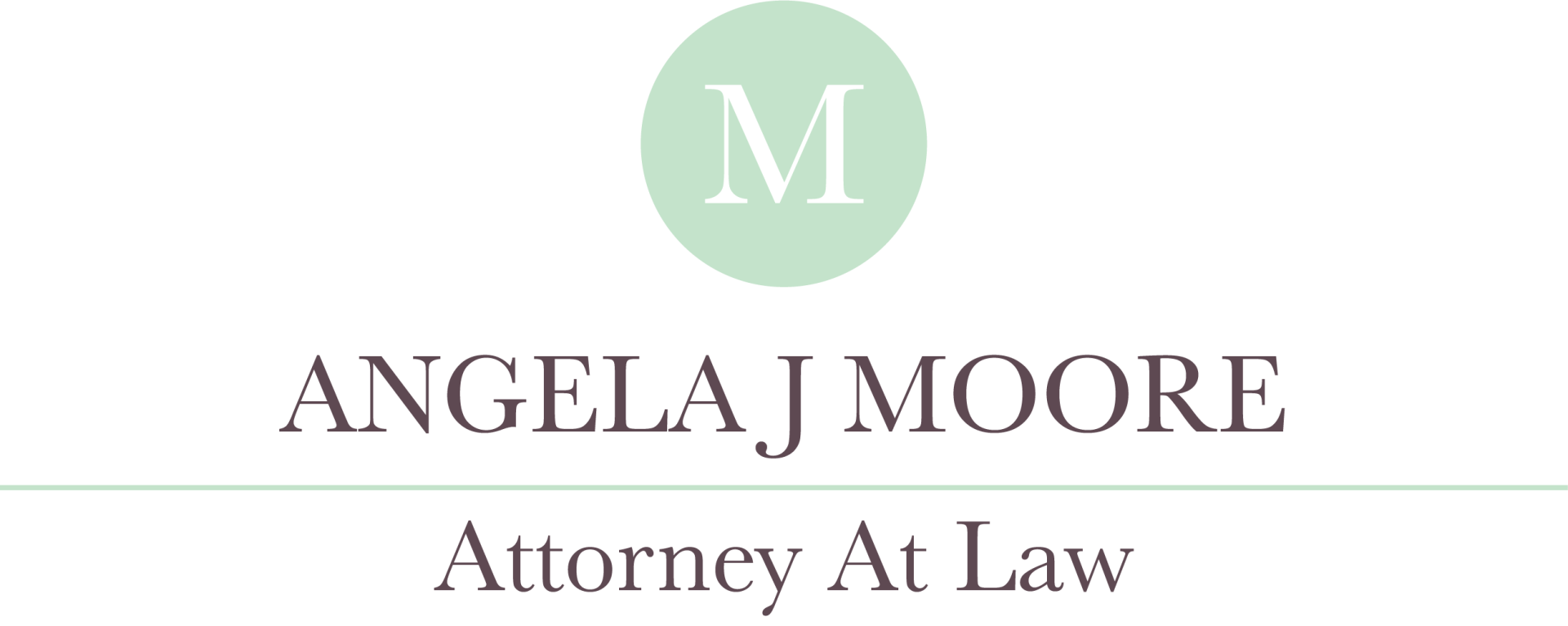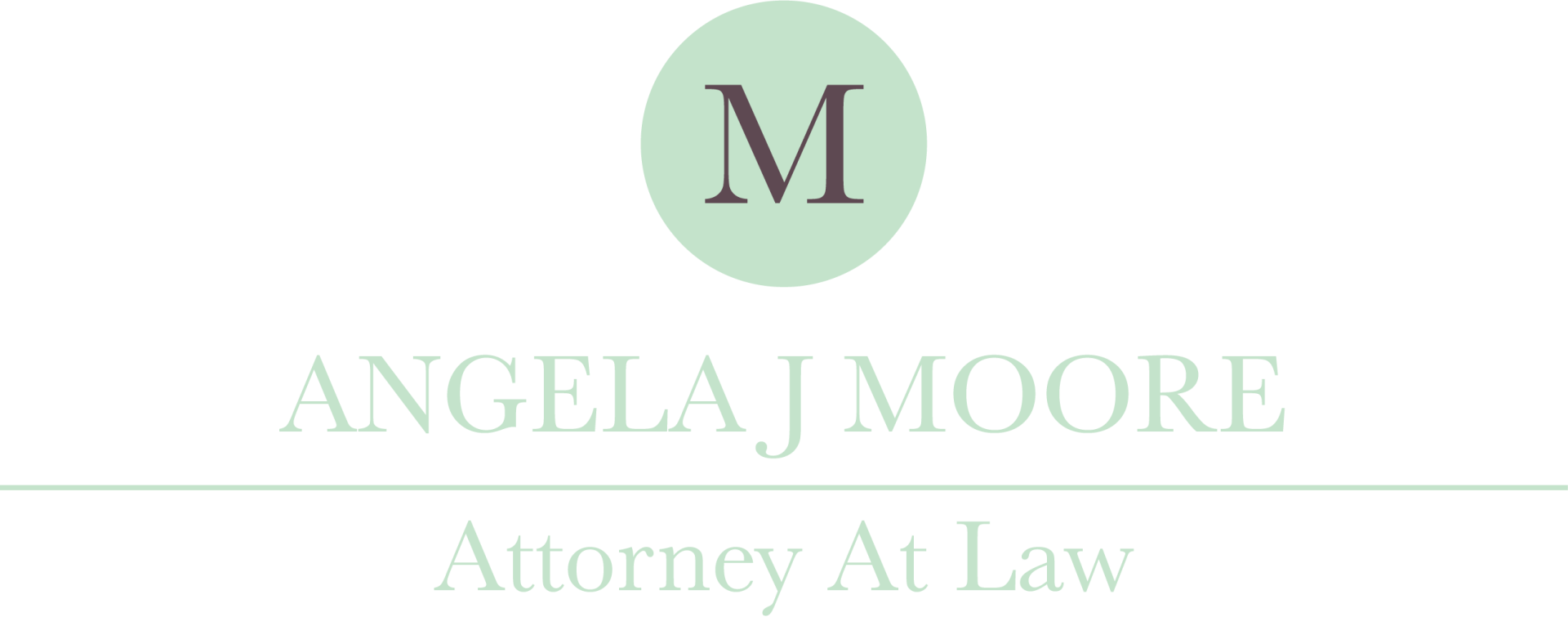Notable Cases
Larry Berry v. State, 424 S.W.3d 579 (Tex. Crim. App. 2014)
Mr. Berry was convicted in the 175th Judicial District Court, Bexar County, Mary D. Roman, J., of misapplication of fiduciary property and aggravated theft. He was accused of taking money from people he contracted with to create and order window blinds from 3 day blinds. When some of the orders did not come in or only some of them arrived, customers complained. Due to his lack of business experience, he then filed bankruptcy, extinguishing all debts so he could have a fresh start. Mr. Berry was in his early 40s with a wife and child, was a veteran and had no criminal history whatsoever. He was sentenced to prison for the state criminal case. The bankruptcy was not recognized by Texas Criminal Courts so in addition he had to pay over $100,000 in restitution. He appealed. The San Antonio Court of Appeals, 2012 WL 1648213, affirmed in part, reversed in part, and remanded. Defendant petitioned for discretionary review. The Court of Criminal Appeals granted review on two grounds.
Once we had our appeal at the highest Court in our State, The Court of Criminal Appeals, Alcala, J., held that:
1: a person acts in a “fiduciary capacity” for purposes of the misapplication statute if his relationship with another is based not only on trust, confidence, good faith, and utmost fair dealing but also on a justifiable expectation that he will place the interests of the other party before his own;
2: evidence was insufficient to show that defendant was acting in a fiduciary capacity when he took payments from customers for window treatments and then failed to deliver those goods as promised.
Affirmed in part and reversed and rendered in part.
Jennifer Evans v. State, 220 S.W.3d 54, 57 (Tex. App. -San Antonio 2006, pet. ref’d)
Ms. Evans was a fortune teller. Evans' clients testified that she claimed bad fortune would befall their loved ones or her if they did not follow her instructions, which invariably included handing over money, merchandise, and gift cards to Evans and some of her relatives; and she harassed her clients until some of them had cleared their bank accounts and were far over their heads in loan and credit card debt. However, even when viewed in the light most favorable to the verdict, Evans's actions do not fall within a statutory definition of coercion. Evans never communicated to her clients in any manner a threat to commit an offense against them or their loved ones. The conduct that most approximates this definition of coercion was Evans telling one of her client's that some of the money for his loved one's cure was being fronted by a Mafioso-type man, which the customer found intimidating. However, this same client admitted on cross-examination that Evans did not threaten to commit an offense against him. And, although Evans told her clients that their loves ones had cancer, were about to get cancer, or were generally in harm's way, she never told them she was going to inflict cancer or harm upon them. Indeed, she never threatened to inflict bodily injury in the future on anyone. Evans never accused a person of any offense. And, despite the State's argument to the contrary, Evans never threatened to expose her customers or others to hatred, contempt, or ridicule. In fact, she told her clients to keep their relationship a secret.
Because there is no evidence that Evans's actions fall within a statutory definition of coercion, the Court held it must reverse the trial court's judgment and render a judgment of acquittal.
Asel Abdygapparova v. State, 243 S.W.3d 191 (Tex. App.-San Antonio 2006, pet. ref'd)
Asel was convicted by jury in the 175th Judicial District Court, Bexar County, Mary D. Román, J., of capital murder, and she was sentenced to life imprisonment. Asel appealed.
Asel, a college student from Kazakhstan, was attending college in San Antonio. She was involved with the wrong man, became pregnant, and was made to be present during a murder he committed. A few days later, she went to the FBI and debriefed everything she knew, assisting in finding the body of the victim, the apprehension and conviction of the killer and his cohort. Then San Antonio District Attorney Susan Reed still prosecuted Asel for capital murder. We handled her appeal successfully.
The Court of Appeals held that:
1 trial court's denial of requests of defendant, a college student from Kazakhstan, for an interpreter was not an abuse of discretion;
2 defendant's statements made during plea negotiations were not admissible to negate a false impression;
3 trial court's actions in engaging in ex parte communications with state precluded defendant from receiving fair and impartial trial; and
4 violation of defendant's due process right to an impartial judge was structural error, such that reversal of conviction was warranted without conducting harm analysis.
Reversed and remanded.


